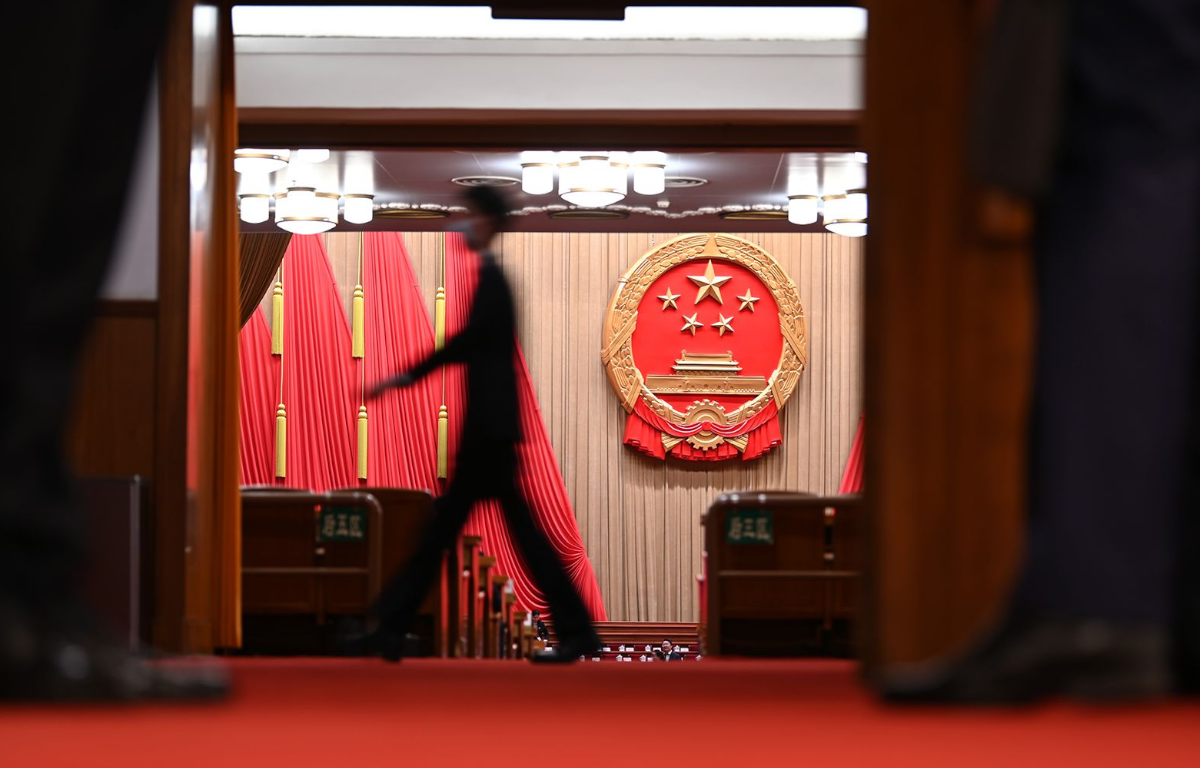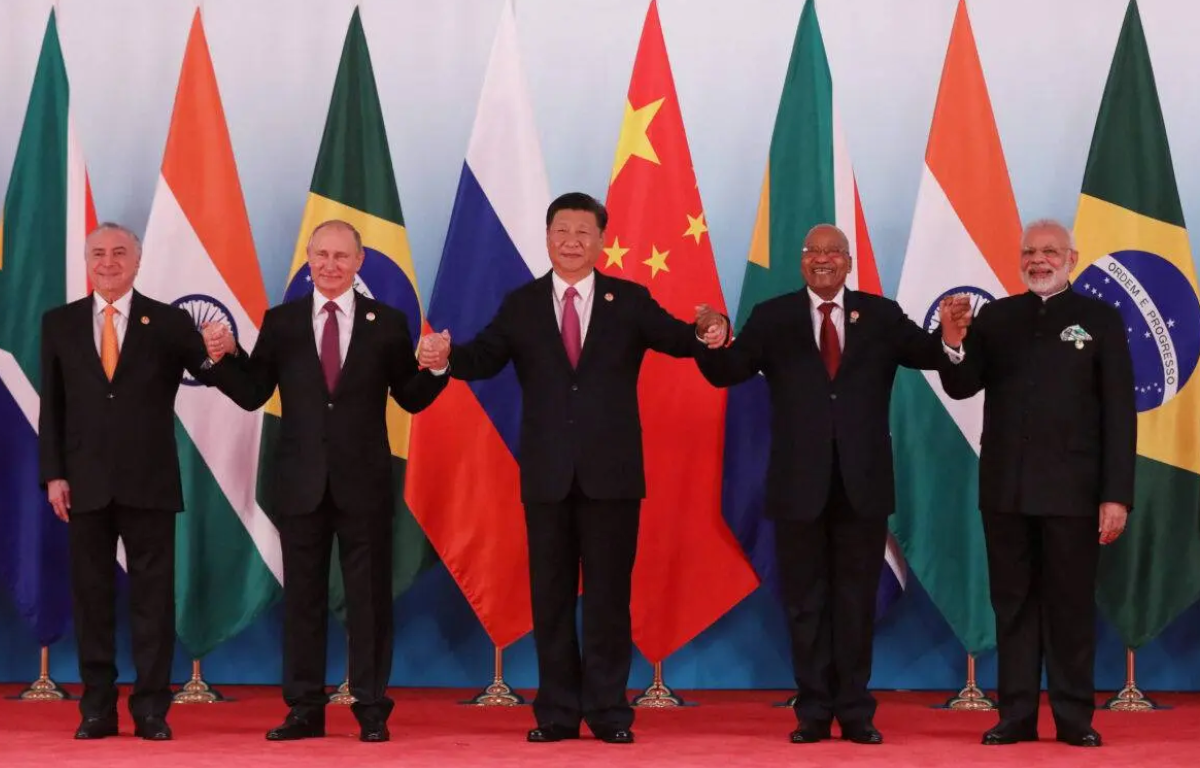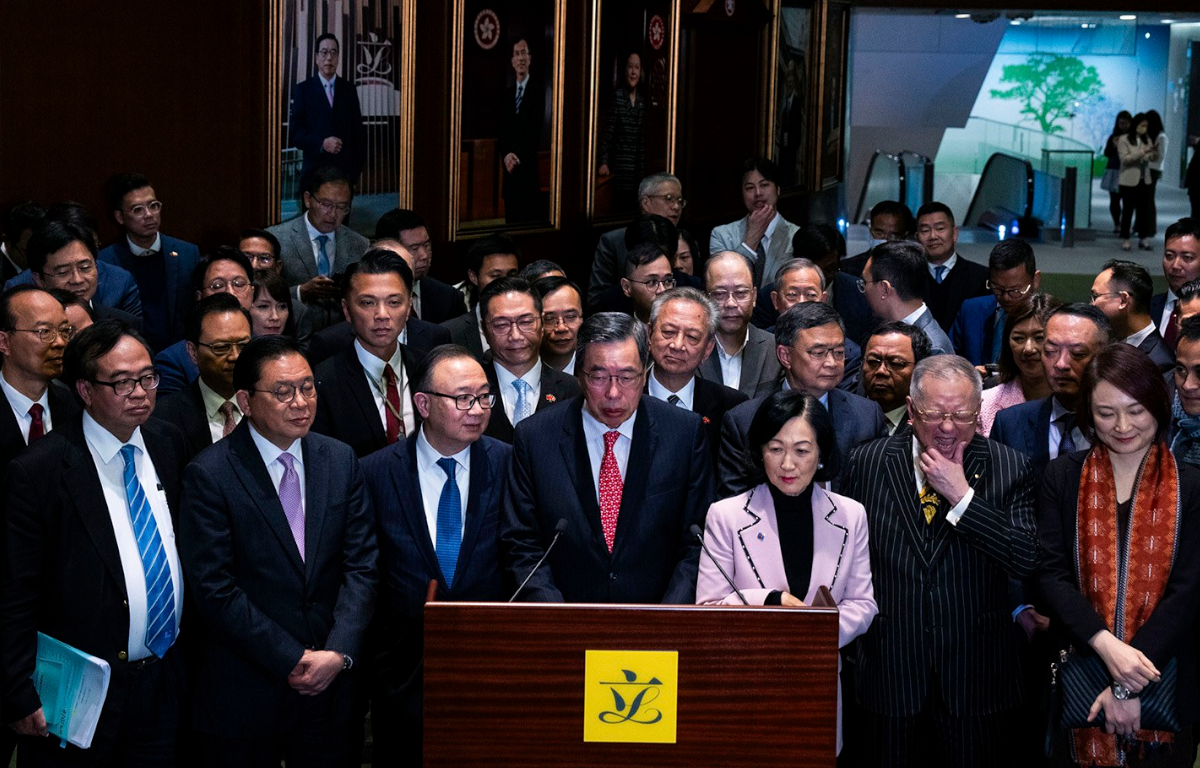
For years, the Hong Kong Language Group has been a vital institution for the preservation and promotion of local languages and dialects. With a mission to safeguard linguistic heritage and foster cross-generational appreciation, the group organized workshops, seminars, and events aimed at raising awareness about the importance of linguistic diversity in Hong Kong’s society.
However, recent accusations against the Hong Kong Language Group have taken center stage. Authorities have claimed that the group’s activities and content somehow breach the national security law, enacted to curb secessionist, subversive, and terrorist activities following the 2019 protests. The exact nature of the alleged breach remains unclear, prompting a debate about the law’s scope and its potential impact on cultural and educational initiatives.
The closure of the Hong Kong Language Group underscores the complexities of preserving cultural identity while operating within a legal framework that can be subject to broad interpretation. The incident sparks concern among artists, educators, and activists who fear that the security law’s vagueness could inadvertently stifle legitimate cultural expression. The delicate dance between fostering local heritage and avoiding actions that might be deemed provocative has become increasingly intricate.
The case of the Hong Kong Language Group serves as a reminder of the evolving landscape for civil society organizations under the security law. Many groups that once thrived on advocating for social and cultural causes now face a daunting challenge in navigating the law’s requirements. The shrinking space for dissent and advocacy has led to a climate of caution, leaving organizations uncertain about the viability of their activities.
The closure of the Hong Kong Language Group has not gone unnoticed on the international stage. Advocates for human rights and freedom of expression have expressed concerns over the implications of the security law on Hong Kong’s civil liberties. Critics argue that the law’s vague provisions and sweeping powers could be wielded to suppress not only dissent but also legitimate cultural and linguistic endeavors.
The closure of the Hong Kong Language Group raises a complex array of questions that delve into the heart of cultural preservation, freedom of expression, and the boundaries of legality. As Hong Kong navigates its path forward under the national security law, a delicate balance must be struck between safeguarding cultural heritage and adhering to legal mandates. The incident serves as a potent reminder of the intricate interplay between cultural identity, civil society, and the evolving political landscape.










Share this: